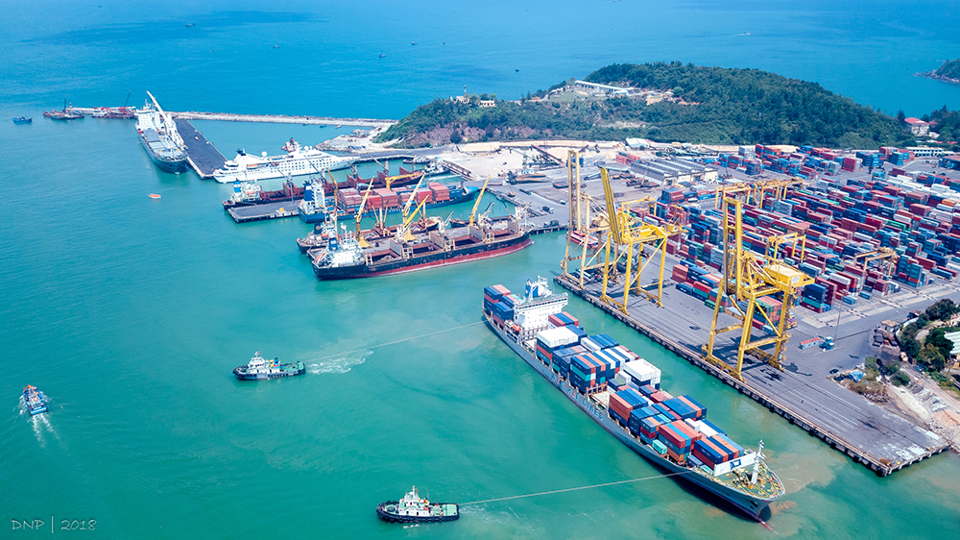
The purpose of the Plan is to fully and comprehensively implement the provisions of the International Convention on the Control and Management of Ships' Ballast Water and Sediments 2004 (BWM Convention 2004); strengthen environmental protection in maritime activities, and improve the effectiveness of ballast water and sediment management of ships at seaports and in Vietnam's waters.
The implementation of the 2004 International Convention on the Control and Management of Ships' Ballast Water and Sediments must ensure harmony and consistency with the provisions of other international treaties to which Vietnam is a member.
Ballast water is water added to the lower part of the ship, or pumped through the tanks on the port and starboard sides of the ship to increase stability by pulling the center of gravity lower than the center of buoyancy or to keep the ship in balance against the ship's heeling or torsion.
Ballast water is drawn into ballast tanks from the sea, usually at the beginning of a voyage at a port. It will often contain a variety of marine life, which is then transported and released at the next port. These “non-native species” can have serious ecological, economic and public health impacts on the receiving environment.
One of the tasks set out in the Plan is to participate and coordinate with member countries of the convention in implementing activities to control and prevent marine pollution and the destruction of native ecosystems by alien organisms transported through ship ballast water.
Conduct state inspection of seaports for foreign ships arriving at Vietnamese ports, including measuring, sampling, and evaluating ship ballast water to serve state inspection and examination activities of seaports (if any).
Investigate, detect and handle violations against ships flying the Vietnamese flag, relevant organizations and individuals; foreign ships operating in Vietnam's waters that do not comply with the provisions of the 2004 BWM Convention (including seaport waters, territorial waters and exclusive economic zones).
Promote technical cooperation with member countries to exchange experiences, train Port State Officers and technical staff, exchange information, transfer technology, and encourage scientific research on ballast water management.
Disseminate and popularize the contents of the BWM Convention 2004 to management agencies, shipping enterprises, seaports, shipbuilding and repair facilities and relevant organizations and individuals.
Provide training and knowledge training on the contents of the 2004 BWM Convention for ship inspection officers, surveyors and relevant agencies and organizations operating in the maritime sector.
Encourage, promote and facilitate domestic and international organizations and individuals to participate in scientific research, develop management systems, and treat ship ballast water...
Within the scope of their functions and tasks, ministries, branches, localities and relevant agencies add the task of implementing the 2004 BWM Conventions to their work programs and plans and proactively carry out other necessary tasks to fully implement the provisions of the Convention.
Source: https://kinhtedothi.vn/kiem-soat-quan-ly-nuoc-dan-va-can-nuoc-dan-cua-tau.html



![[Photo] Prime Minister Pham Minh Chinh chairs the first meeting of the Central Steering Committee on housing policy and real estate market](https://vphoto.vietnam.vn/thumb/1200x675/vietnam/resource/IMAGE/2025/9/22/c0f42b88c6284975b4bcfcf5b17656e7)


























![[Photo] General Secretary To Lam presents the First Class Labor Medal to the Vietnam National Energy and Industry Group](https://vphoto.vietnam.vn/thumb/1200x675/vietnam/resource/IMAGE/2025/9/21/0ad2d50e1c274a55a3736500c5f262e5)


























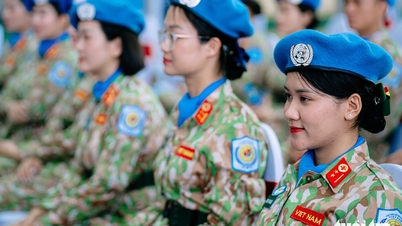



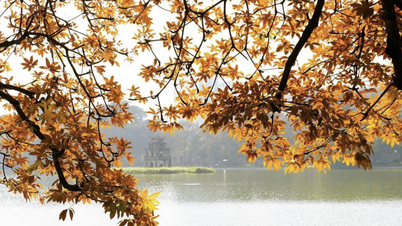




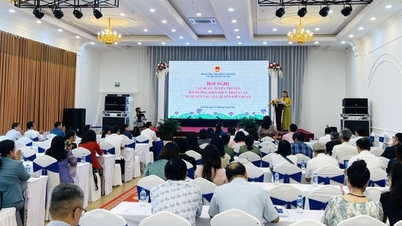


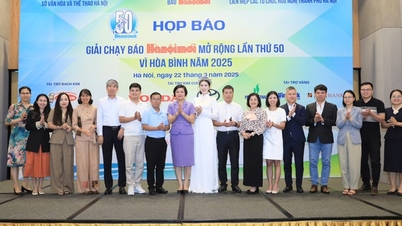


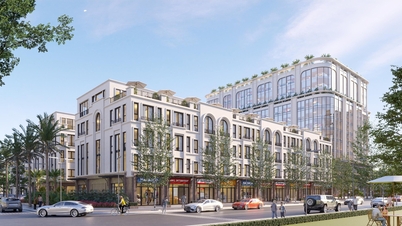
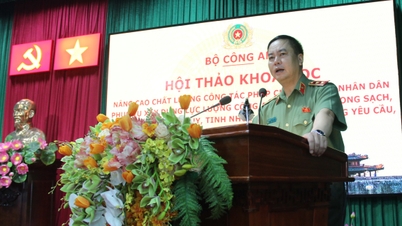















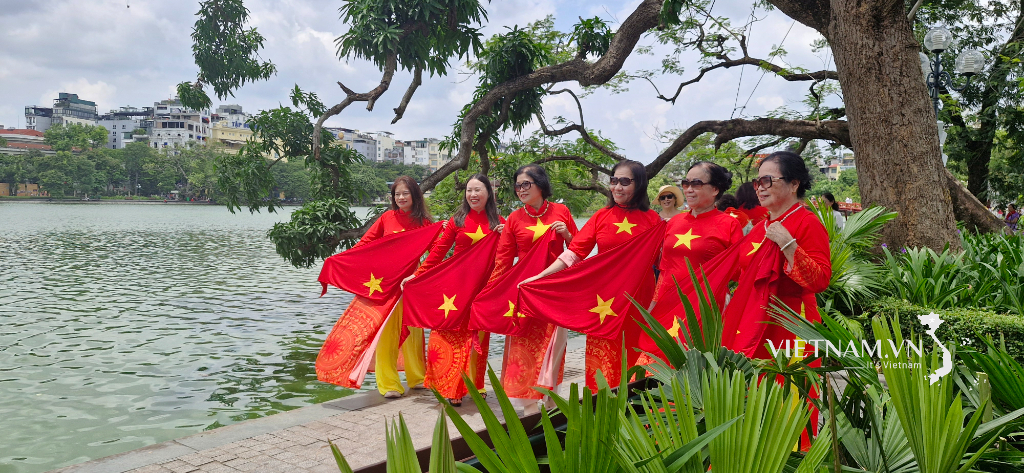
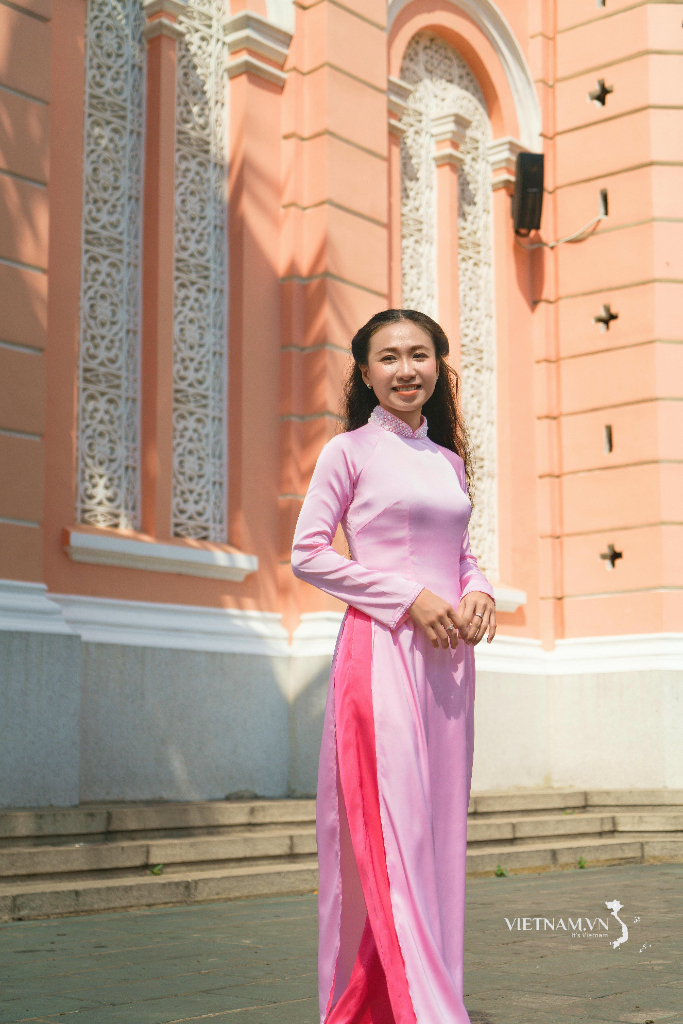


Comment (0)